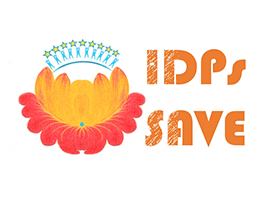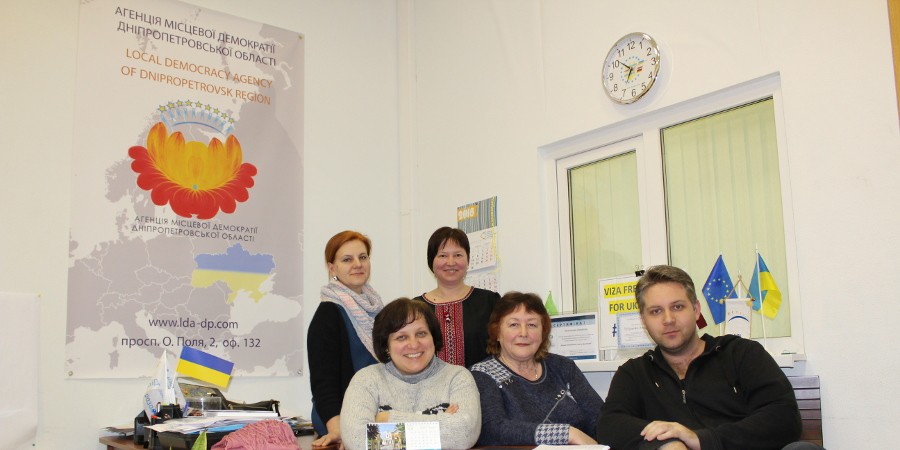
AT A GLANCE
The project aim is to create a favorable environment for adaptation and integration of IDPs into local communities, thus contributing to cohesion in society and stability in the Dnipropetrovsk region by minimising the possibility of both conflicts onset and IDPs marginalisation. The specific goals of the project are to provide young IDPs with skills necessary to be integrated into the hosting community and to establish contact and cooperation with young people from the hosting communities, in order to raise awareness and mobilise any relevant local actors for action on these topics.
Armed conflict began in 2014 in Eastern Ukraine with annexation of Crimea that caused mass displacement both within the country and across the borders. The fighting continues even at the current stage, a factor that keeps rising the number of Internally Displaced People. According to the most recent data (June 2016), there are around 1.8 million officially registered Internal Displaced People (IDPs) in Ukraine, of which approximately 1.1 are women and 700.000 are men. Due to geographic proximity and cultural similarities, the vast majority of them is currently settled down in the Eastern region of the country (Luhansk, Donetsk and Dnipropetrovsk oblasts’). The Dnipropetrovsk region, where the activities of the project will take place, reportedly accepted approximately 86000 IDPs, an influx which is stretching the capacity of administrative and social services, communities and local labour markets.

OBJECTIVES
The overall objective of the project is to create favourable environment for adaptation and integration of IDPs into local communities, thus contributing to cohesion in the affected communities and to stability in the region, which should minimize the possibility of conflict onset and IDPs marginalisation.
The specific objective of the project is to provide young IDP people with skills necessary to integrate into the hosting society environment and establish contact and cooperation with young people from the hosting society, while raising awareness and mobilization of local actors for action.
ACTIVITIES
The project will provide a multi stakeholder approach in its management by attracting 5 organisations into the process, including the main facilitator – ALDA.
IDPs and local residents will be invited to participate into training activities. The first phase of the trainings will target only IDP participants with the following components: a) communication skills; b) building trust relationships; c) networking competences, d) psychological and strategic abilities; e) further general competences (creativity, patience etc).
During the second phase young IDPs will be joined by youth from hosting communities. The trainings will focus on such skills as a) communication skills at organisational level; b) managing time and self-organisation; c) understanding and managing stress; d) project drafting. For building trust and ensuring effective communication the project will be organised in the forms of thematic workshops, role plays, simulation games, individual and group activities.
After these sessions, young people will develop proposals for their mini projects involving the whole community. 6 of them (2 per community) will be awarded mini grants. The winners will be selected by project partners. During the preparation of the proposal young people will be assisted by facilitator and expert on project drafting.
Local stakeholders will be involved into discussion and preparation of the Roadmap for actions at local level. The emphasis will be put on searching for the durable solution of local integration at the area of displacement putting in synergy the efforts of NGOs, Local Governments, private sector and civil society activists. 2 Roundtables will be organised in each community (with 1-month distance for drafting a Roadmap) and 1 Final conference presenting the results at Regional level to decision-makers.